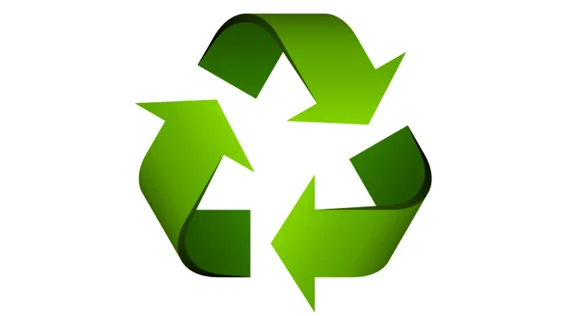
SEATTLE (Scrap Monster): The Recycling Partnership, a Falls Church, Virginia-based non-profit has partnered with Chicago’s Department of Streets and Sanitation (DSS) in an effort to boost curbside recycling rates. As part of the partnership, public service and educational campaigns will be launched across various towns and cities. The campaign titled “It’s All You”, which will run through fall this year, aims to augment the quantity and quality of recyclables collected through curbside recycling program.
The primary focus of the campaign is to educate Chicago City residents about the importance of a successful curbside recycling program and the significance of contributions of individuals. A city-wide public service announcement (PAS) campaign will feature the importance of recycling and list out the materials that are acceptable for recycling. The advertisement campaign will be held across 200 locations across the city. A similar campaign will be run in social media too. It is hoped that the campaign will result in improving recycling culture across Chicago, thereby leading to better recycling rates. The campaign will also send information card to resident’s mailboxes. These cards will feature the recycling basics that residents should be aware of.
Keefe Harrison, CEO of The Recycling Partnership noted that the organization is immensely happy to associate with the City of Chicago in promoting recycling in the City. The “It’s All You” campaign is designed in such a manner that it reaches residents directly. Further, it aims to educate people that proper recycling is not a big-ticket issue. Harrison appreciated City of Chicago for its efforts to step up recycling and noted that community efforts like recycling would make cities stronger.
Meantime, DSS Commissioner Charles L. Williams urged residents to make recycling a part of their everyday routine. The contributions by each and every individual will have tremendous impact on the success of recycling program, Williams noted. The habit of proper recycling results in protection of environment by way of preservation of useful and limited resources. It also leads to health-wise and financial prosperity of communities, he added.
Basically, recyclables placed in blue carts for recycling should be empty and dry. Also, items must be placed loose in the carts without a bag. The most commonly accepted items include glass (bottles and jars), metals (aluminum cans, tin/steel cans, clean aluminum foil), paper (free of glitter and metallic ink), paperboard, cardboard and plastic (bottles and jugs with caps on, tubs with lids on). On the other hand, the non-acceptable items include glass other than bottles and jars, electronics, chords, pots, pans, coffee cups, greasy cardboard, napkins, plastic bags, polystyrene/foam #6 and cups.
The Recycling Partnership is a national recycling nonprofit formed in 2003 with the goal to improve recycling in the United States. It bridges the gaps between the communities and the industries that benefit from recycling by creating campaigns that power local recycling programs and help solve and energize curbside recycling problems.
| Copper Scrap View All | |
| Alternator | 0.32 (0) |
| #1 Copper Bare Bright | 3.75 (-0.01) |
| Aluminum Scrap View All | |
| 356 Aluminum Wheels (Clean) | 0.73 (0) |
| 6061 Extrusions | 0.64 (0) |
| Steel Scrap View All | |
| #1 Bundle | 460.00 (0) |
| #1 Busheling | 480.00 (0) |
| Electronics Scrap View All | |